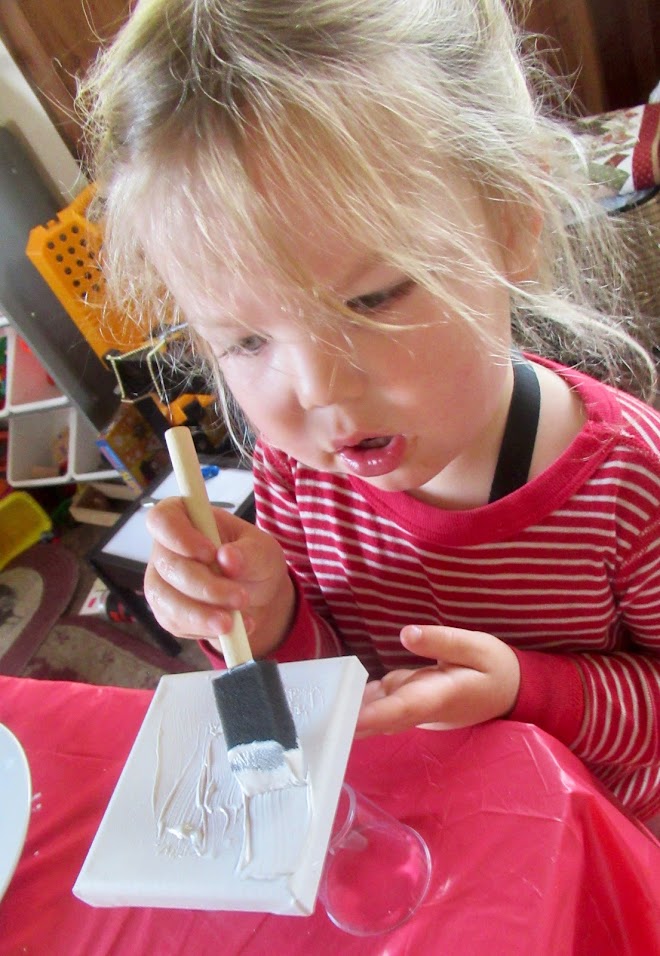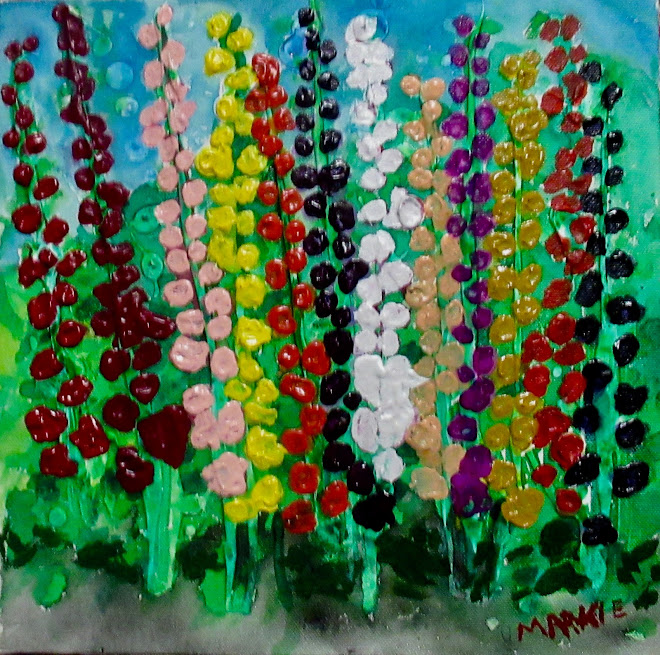No Refunds, Buddy
Maury and Ira were old friends, both retired bankers, enjoying their twilight years, sitting down in the park, at the stone tables, that lined the rose gardens. Each brought a thermos of coffee, and enjoyed the scent of the roses, present almost all year round, in the mild SoCal climate, which competed with the cigarette smoke that often wafted over from through the chain link fence. On the other side was a series of outdoor basketball courts, where the younger set gathered, to alternately pound the court, and sit around talking about it. If the smoke bothered the old pals, you would never have known it. After all, it was a free country, and the roses were awfully sweet today.
Like many old-timers, the two played checkers, while they sat, but they also were content to just sit and shoot the bull. They would compare notes on their hobbies and interests. Both were numismatists, which considering they worked with money all their lives, should not come as any surprise. Their interest included each having a fine coin collection, specializing in Lincoln pennies, the ones with the sheaf of wheat on the back. They were minted from 1909 to 1958, and were still found abundantly in circulation, throughout the seventies.
Not only did both of these men collect the coins, Ira had a son who was involved in the retail business, which meant that he had his son bringing home coins each night, so that they could be sorted and classified. What did it cost to collect and peruse these pennies? Just pennies per day! He used to joke about it between themselves, but Maury had never really seen the humor in it. Why should Ira rub it in his face, that his kid brought home all those pennies? If Maury wanted circulated pennies, he had to take home hundreds of rolls of pennies, break them open, cull through them for desirable ones, and then re-roll them. It took time and patience, not like having a dutiful son deposit a hundred “wheat-backs,” with the casual flick of a wrist.
Both men had had some association with dealings which were not completely aboveboard. In this-or any other-day, business came at a steep cost, and if a man were not willing to take the extra step, then he found himself moving backward, and neither Ira, nor Maury, was going backward.
Therefore, early one morning, as Maury was settling himself into place, on his bench, he looked up from his thermos and mug, through the smoke now tumbling over him, from the cigarette dangling from a pair of lips, belonging to Louis. He was a former employee of the bank in which Maury had worked, a man, whose hours began shortly before the building emptied out, and extended into the wee hours. Louis had fulfilled a dual purpose, though Maury was not kept abreast of the specifics; he just knew that Louis’ job status at the bank, had little relation to his ability to empty trash baskets, and everything to do with his ability to empty cash baskets.
Louis wasted no time. “I wanna talk wit’ you ‘bout pennies. I got some, including that special one that you coin collectors are always looking for. It’s gonna cost.” He slipped a cloth bag out of his hoodie and onto the table, with maybe twenty little clear plastic coin slips, the kind that kept that the coins from being scratched by other coins, thus retaining a particular classification. A brilliant uncirculated penny was worth more than an excellent one.
“Where did you get them?” asked Maury automatically, to which Louis positively hissed. “Since when do you care? Just decide fast, or be last.” The man was not trying to be a poet.
Maury assessed, seeing the 1909-s vdb, which was of course the special coin that Louis had mentioned. It was clearly marked and had a price sticker from the coin shop, that indicated the price had escalated again, always climbing. The coin was originally minted in San Francisco, and there were very limited quantities, making it the most sought after coin in the collection of Lincoln pennies.
“How much?” It was all over but the haggling, and both knew it. Two minutes later, Louis was pocketing payment, and Maury was back to sitting in the sun, brooding over his coffee, the coins safely and unobtrusively lodged in the depths of one of his half-dozen pants pockets of his cargo pants. He loved all of those pockets. He could not wait to show Ira the newly acquired coins.
The next time he looked up, Maury saw a disheveled Ira, ambling toward him, evidently not in any hurry. He seemed almost in a daze. Good grief, the man was aging. His sagging shoulders, and wispy white hair, combined to lend him an air of fragility, that Maury had never noticed. He hoped he was aging a little more gracefully than Ira.
“Hey, old friend, sit down and take a load off. I have some great news, for me, if not for you. But why do you look as if you have lost your best friend?” Ira was really acting the part of the oldster. His shuffling feet seemed to set the tone, and the expression flitting across his face was one of uncertainty, and anxiety. The focus of his attention was on the basketball game going on next door.
“The one with the Yankees hat, he’s the one who did it. But if I call the police, he’ll come back again, and this time he’ll take more than my coins.” He sat heavily on the cement bench, not an easy feat.
“Did what?” But he knew. Maury knew what it was that Louis had done, before Ira could tell him. It had to be Louis-he was wearing the NY baseball cap-so it had to be him. Maury had ended up buying the coins that were stolen from his pal’s home. What’s more, Louis had known it, and figured that Maury would go along with the program.
Louis figured that Maury would see it as an investment, and that for him to reveal to Ira, that the coins he had lost, were now in Maury’s possession, would certainly mean the end of his investment. Louis was not going to care one way or another, and Maury knew that for a fact. The thug had already exchanged the cash for some high grade sinsemilla, which was stashed in his camo-backpack, leaning against the fence, so there was an end to it.
“So what’s your good news? I’m glad someone is happy,” but the expression on his face announced the lie, far more effectively than words ever could. And what was Maury supposed to say, “Hey, I just bought the coin that was stolen from you last night?” Remember, no refunds, buddy.
“My good news? Oh, yeah, my good news. You know how my grandson is going to the Little League championship series? Well, the good news is, it’s right here at home. We don’t have to travel half way across the state.” But it sounded lame even to him.
Ira looked at him funny and said, “You told me you hated watching his games, that you only go because it’s better than having to take him to the zoo.”
“Shhh. The very fence has ears.” Why did he feel so guilty? Ira had so any more of the “wheat-backs” because of his son. What difference did it make if he had accidentally acquired Ira’s coins? He hadn’t known they were Ira’s. But he knew it now. And he knew that as long as he had it, he would have to conceal that fact from Ira.
Oh well, what the hell. “Hey Ira, check this out. Look what I got for you, from that slimeball, Louis.” And he held out the little cloth bag, and gently dumped out the coins. But Ira knew immediately. His face began to change color, and before Maury could figure out what was happening, Ira had turned to him, forgetting about the coins, and wrapped his arms about his old pal.
Ira didn’t seem to even notice the coins, as he said to Maury, “I can buy a dozen 1909-s vdb coins, but I could never find another friend like you,” and then he took the coins and put them into his knapsack, and said, "The heck with checkers! Let's get out of here.”
The two old friends drifted almost invisibly through the gate, and on into the basketball courts, moving inconspicuously along until they had come to the far end, and exited out onto the main street.
The two old friends drifted almost invisibly through the gate, and on into the basketball courts, moving inconspicuously along until they had come to the far end, and exited out onto the main street.
As a matter of fact, they moved so unobtrusively, that no one noticed the one old geezer, as he stooped to tie an old sneaker's laces, straighten back up with a camo-backpack slung over his shoulder. No one noticed at all, least of all Louis, who was engaged in a bit of dialogue, with one of the opponents in his basketball game. He would notice later, though, and his only thought would be that of the dialogue he had had, with his opponent on the other team.
The backpack ended up at the base of the storm drain, thirty feet below the surface of the street, bound for the ocean.















No comments:
Post a Comment